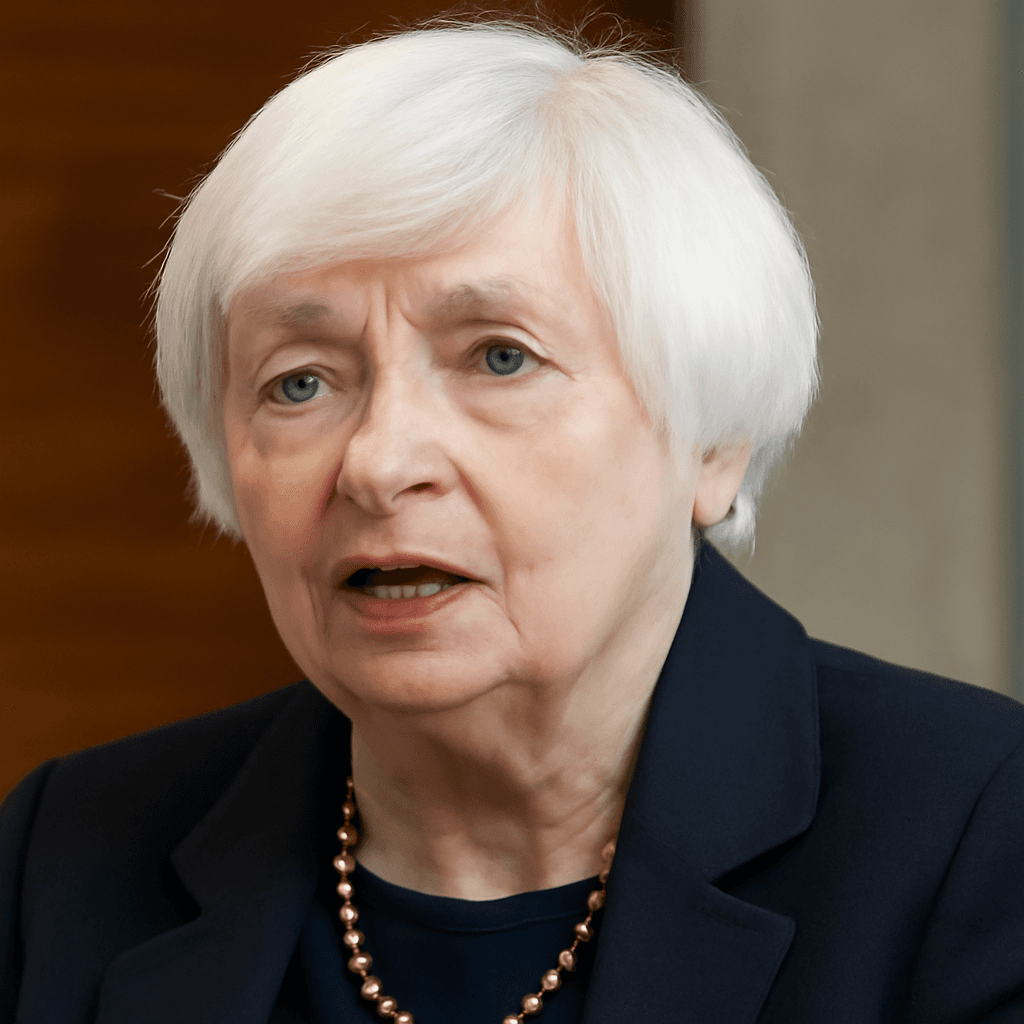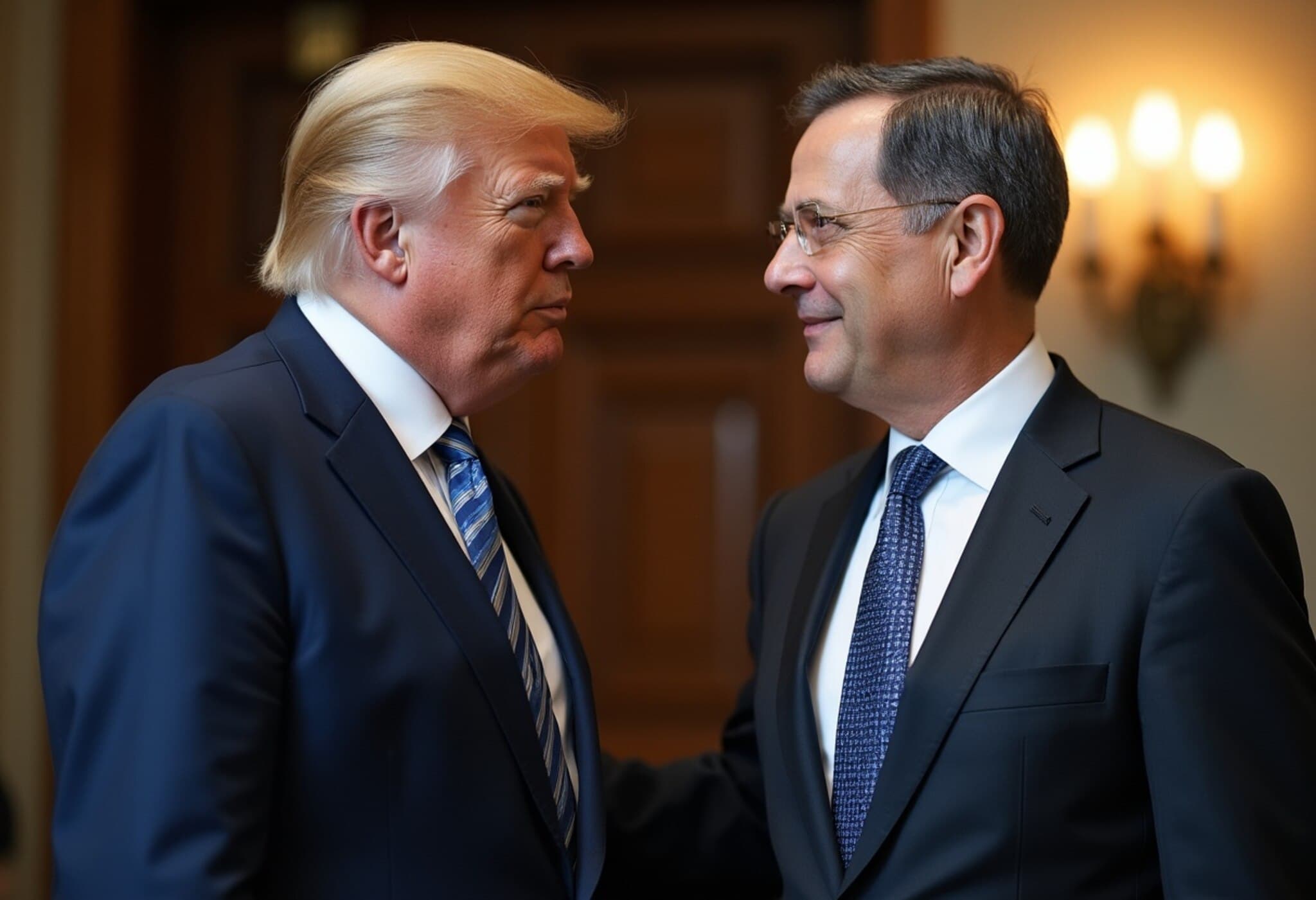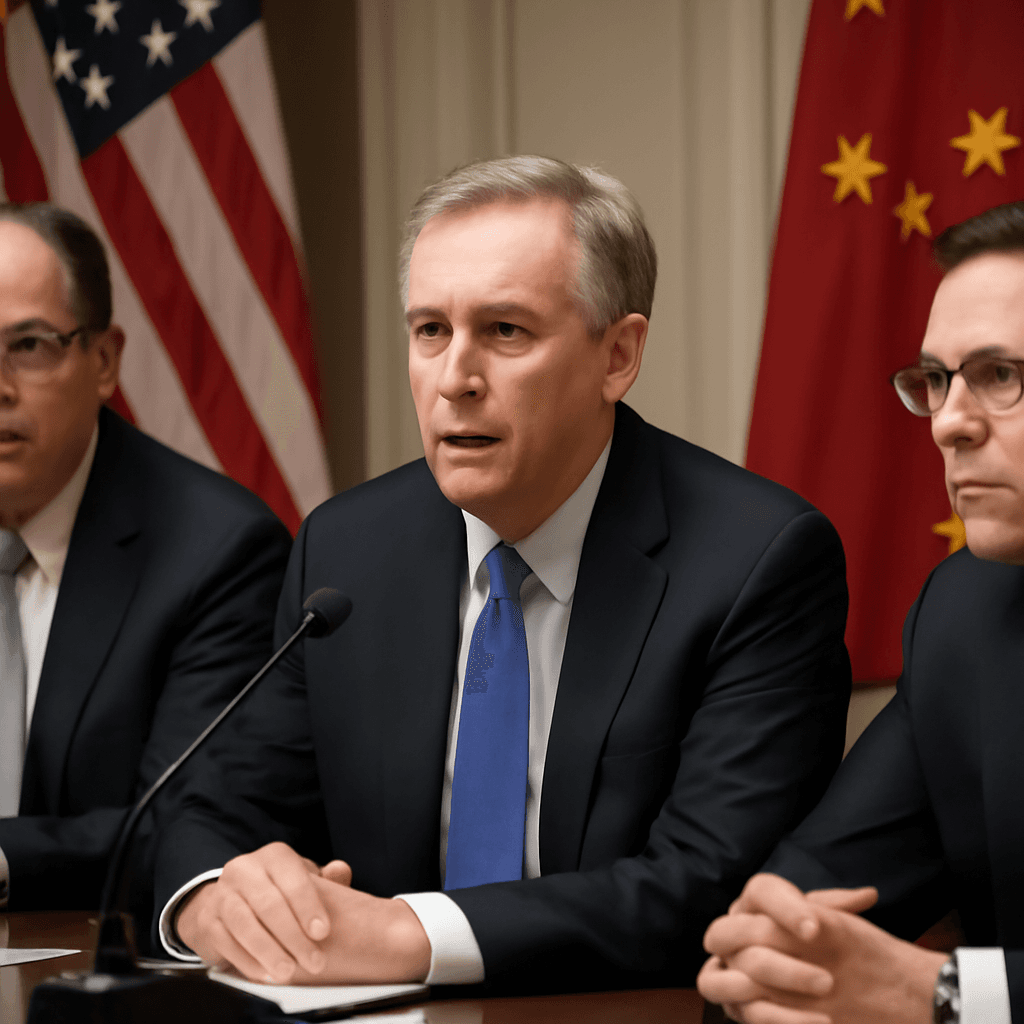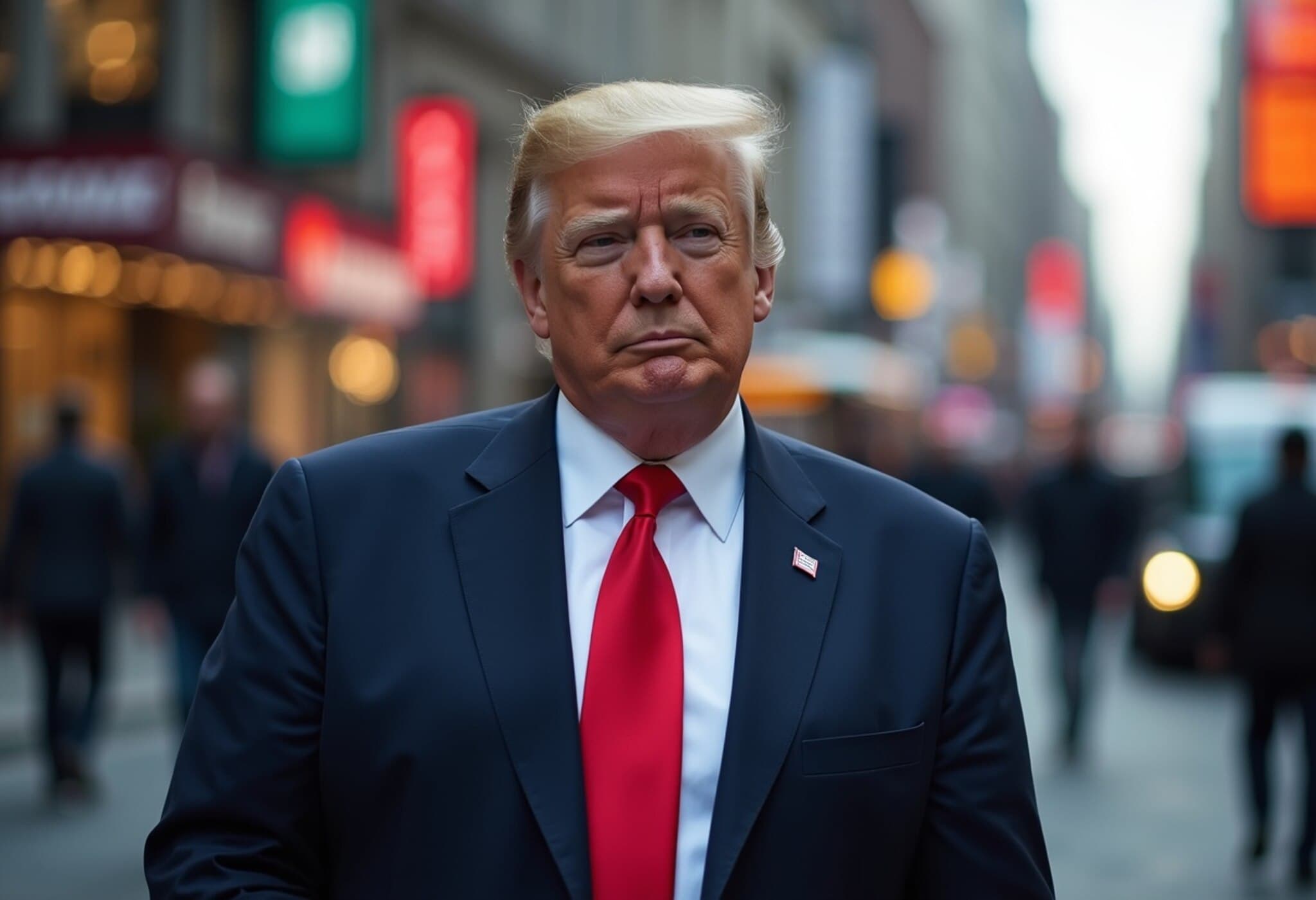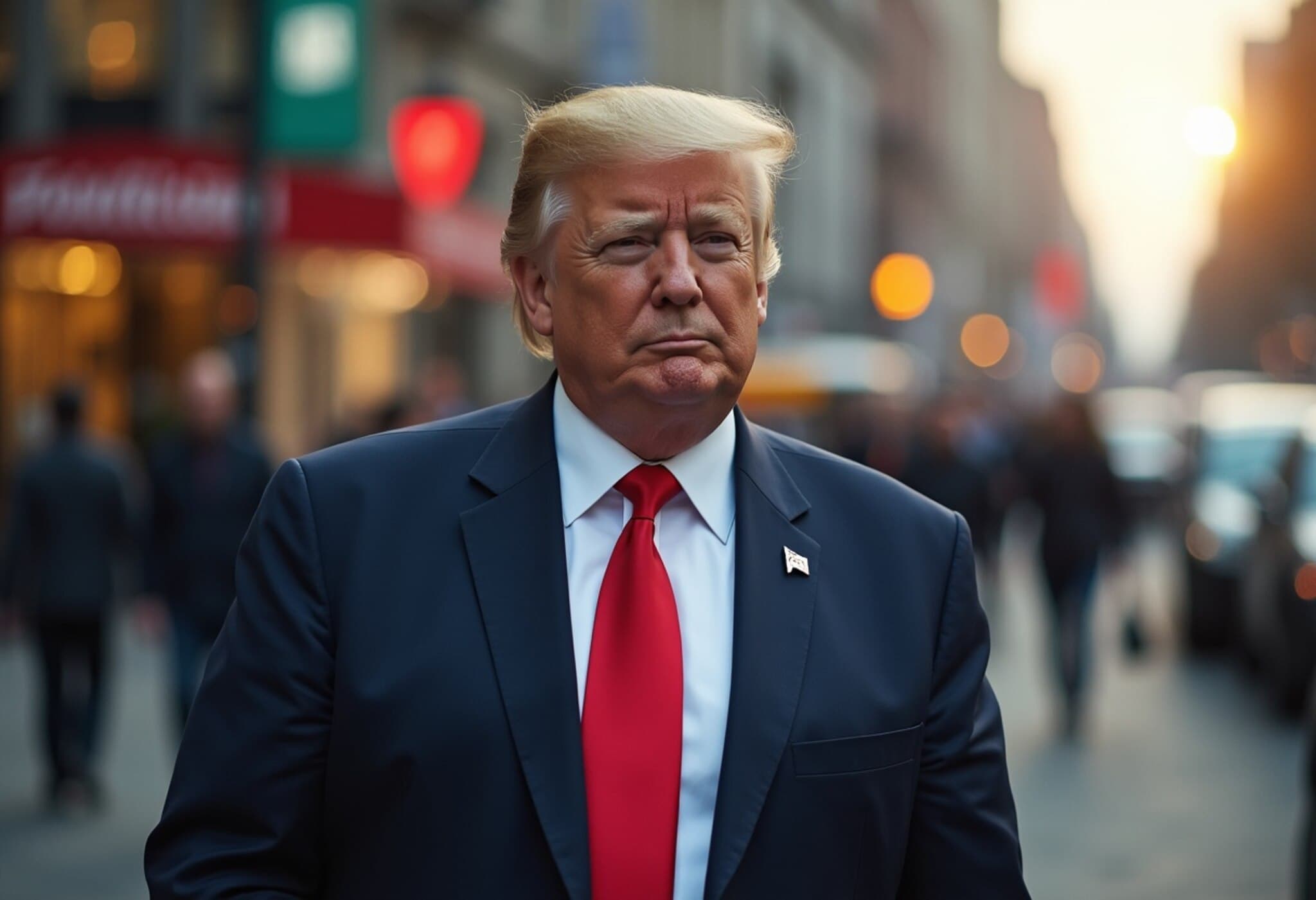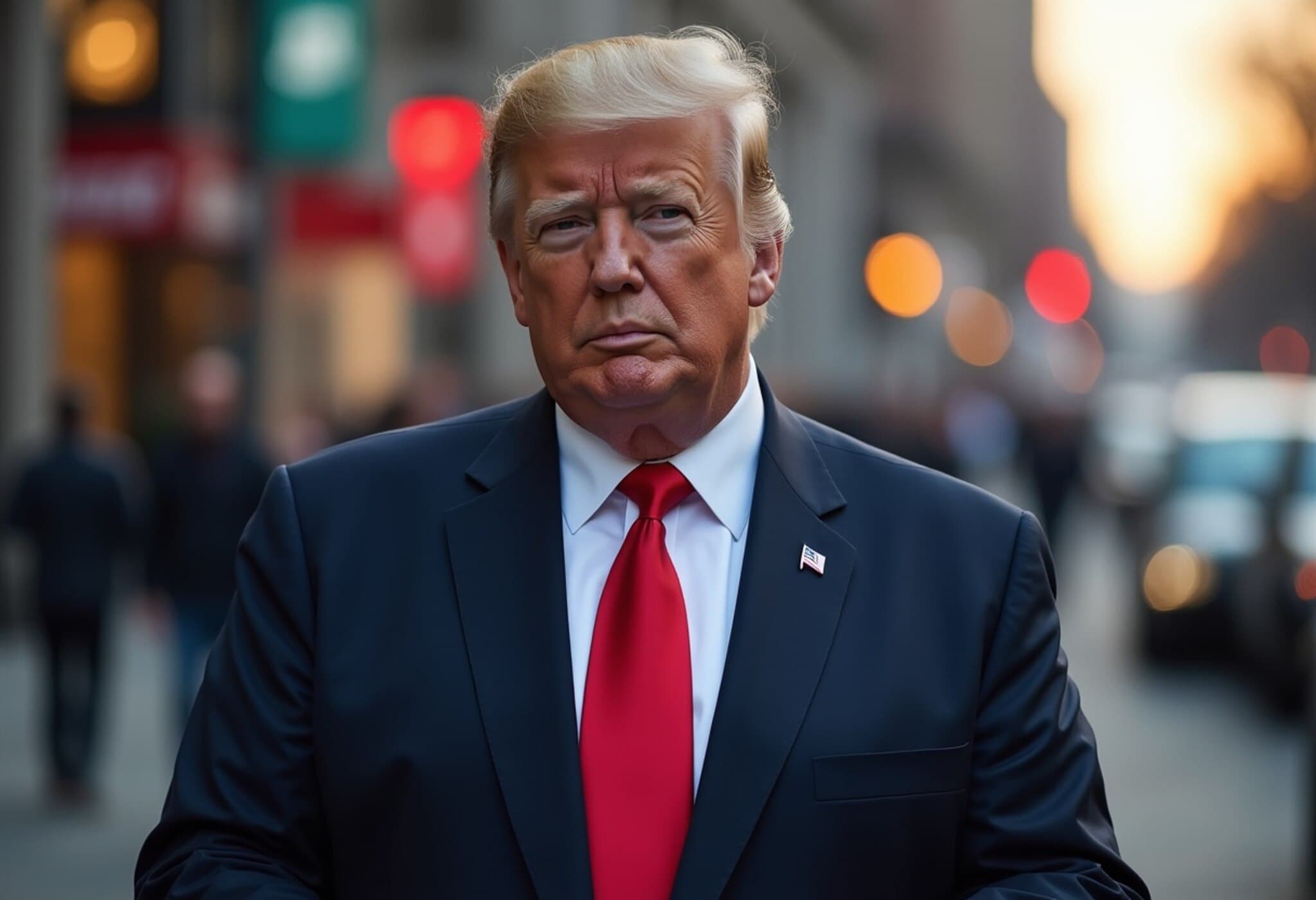European Markets Open Lower Amid Trade Concerns
European stock markets started the day sharply lower, with the pan-European Stoxx 600 index falling by 0.42%. Nearly all sectors traded in the red, led by a 1.5% drop in travel stocks. The decline is attributed largely to renewed worries over U.S. tariffs impacting global trade sentiment.
UK Economy Shrinks More Than Expected in April
The UK's economy contracted by 0.3% in April, a steeper drop than the 0.1% contraction economists had forecast. This downturn follows moderate growth of 0.2% in March and 0.5% in February, signaling a notable slowdown.
The decline was driven primarily by a contraction in both services and production sectors, highlighting the broad-based challenges facing the UK economy.
Record Drop in UK Exports to the U.S.
New data reveals that UK goods exports to the U.S. plunged by a staggering £2 billion ($2.71 billion) in April — the largest monthly decline since records started in 1997. This sharp fall coincides with the introduction of U.S. tariffs on British imports, which have dampened trade flows dramatically.
Meanwhile, imports from the U.S. to the UK decreased by £400 million during the same period. The UK's overall trade deficit in goods expanded by £4.4 billion to £60 billion over the three months leading to April, as the country's services trade surplus also slipped by £500 million to £48.5 billion.
Government Response and Outlook
UK Chancellor Rachel Reeves described the latest economic data as "clearly disappointing." She emphasized that delivering growth remains the government's top priority and referred to recent spending plans aimed at stimulating jobs and economic renewal.
These plans include:
- Investments in city-region transport infrastructure
- A record budget for affordable housing
- Funding for the Sizewell C nuclear power station
Such initiatives are designed to boost economic output and improve living standards for working citizens amid mounting trade headwinds.
Trade Tariffs Emerge as Top Concern for Global Investors
Mounting trade tensions, especially tariff battles, have become the biggest macroeconomic worry for nearly two-thirds (63%) of institutional investors and wealth managers surveyed. These concerns now outweigh other risks, including inflation and geopolitical uncertainties.
Global Market Sentiment Mixed on U.S.-China Trade Deal Progress
Despite recent upbeat statements claiming a trade deal was "done," markets expressed skepticism. Mixed trading patterns followed comments from the U.S., indicating that while progress has been made, tariffs on Chinese goods remain in place and key approvals by leaders on both sides are pending.
What to Watch Next
Attention remains on European events such as the VivaTech summit in Paris and the Goldman Sachs European Financials Conference in Berlin. On the data front, the UK’s monthly GDP figures have just been released, and retail sector earnings are anticipated soon, all closely monitored for signs of economic trajectory.
European Market Opening Snapshot
- London's FTSE 100 expected to open 33 points lower at 8,838
- Germany's DAX down 189 points at 23,783
- France's CAC 40 down 44 points at 7,732
- Italy's FTSE MIB down 282 points at 39,858
Overall, uncertainty over trade policies and disappointing economic data weigh heavily on investor confidence across Europe.


